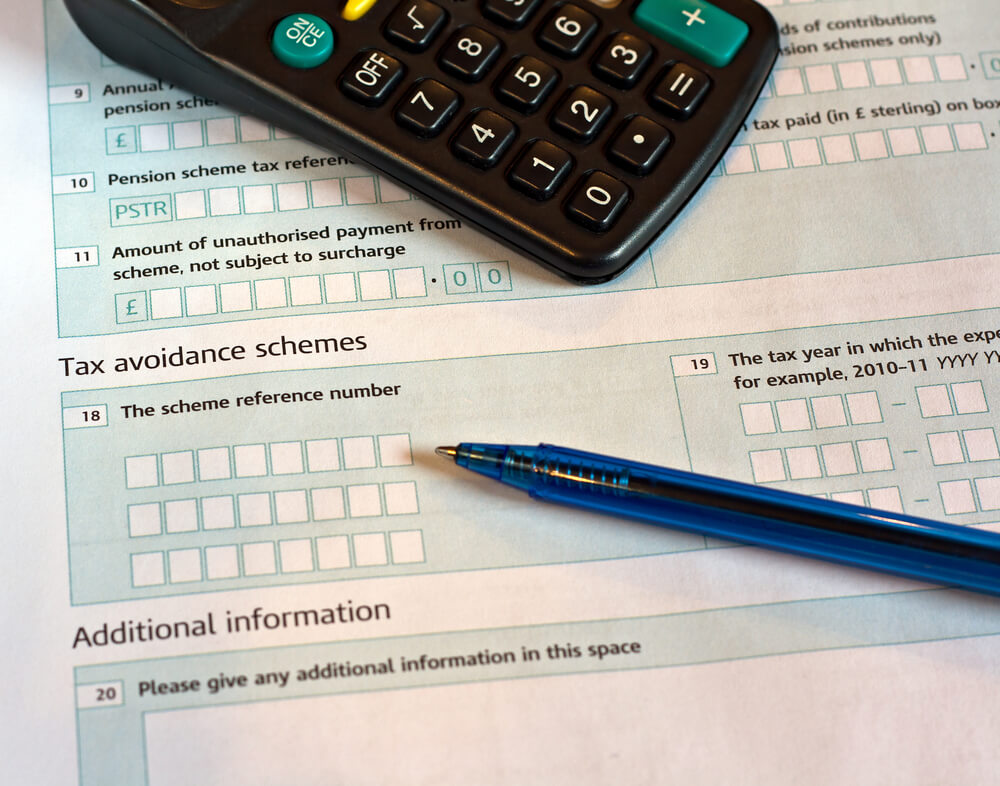The UK joined the European Economic Community – forerunner of the EU – on the 1st of January 1973. One of the results of that decision was to replace Purchase Tax with a European invention, Value Added Tax (VAT).
In the UK, the initial standard rate of VAT was 10% but has since risen to its current rate of 20% – some goods and services are charged at a reduced rate of 5% and others are zero-rated.
The value to HM Treasury of a sales tax at these rates has become so great that any thought of the abolition of a European-inspired VAT after Brexit may be somewhat wishful thinking.
How VAT works
VAT is effectively a tax collected on behalf of the government by businesses selling goods and services to their customers. In other words, the tax that is charged on the sale of goods and services needs to be paid back to HM Revenue & Customs (HMRC) through a requirement to file returns every three months.
In the case of solicitors, of course, the VAT is charged – at the standard rate of 20% – on the legal services they provide to clients.
An appreciable amount of time and effort is spent by any firm of solicitors, therefore, in preparing VAT returns are arranging payment of the tax due.
With effect from the 1st of April 2017, changes were introduced to help simplify the accounting procedures for VAT by allowing a single flat-rate charge on goods sold. This replaces the previous two-stage process by which businesses calculated the VAT charged and, separately, the VAT paid on goods and services they needed to buy.
These changes are aimed at small businesses whose taxable turnover (excluding VAT) in the next year will be £150,000 or less; and which is not associated with another business.
For firms of solicitors, however, the changes are probably less welcome because:
- ncome is generated through the sale of services (the fees charged to clients for legal services) and not goods – simplified procedures may, in fact mean that a solicitor’s VAT liabilities are going to increase rather than reduce (as explained in a report by the BBC on the 24th of November 2016); and
- the deduction of VAT from goods and services bought in by solicitors in their normal course of business – that is to say, disbursements – remains very complicated, and is the subject of a detailed “practice note” issued by the Law Society.
VAT liabilities for solicitors
In addition to the complexities of accounting, solicitors also face the financial challenge of meeting VAT demands every three months.
A more or less continuous tax liability such as this poses a particular challenge to management of the firm’s cashflow. There is already likely to be a significant time lag between the provision of legal services to clients and the receipt of payment for those services – the classic cashflow problem.
The need to meet VAT liabilities simply contributes to that problem.
Solicitor VAT loans
The ability to meet VAT liabilities and, at the same time, to spread the cost of payments to HMRC throughout the year, is offered by solicitor VAT loans from Professions Loans.
The benefits to your firm of an unsecured, fixed rate short term loan used to meet VAT liabilities brings the following advantages:
- the resolution of immediate cashflow problems through an injection of sufficient working capital to meet VAT liabilities;
- the effective replacement of VAT returns every three months, with payments spread throughout the entire year;
- an ability to arrange for payments to be made directly to HMRC in accordance with your liabilities;
- the fixed rate of interest means that you know exactly the amount to be repaid each month – once again easing the management of your firm’s cashflow;
- solicitor VAT loans are available over repayment terms of between three and 12 months; and
- a decision on your application for such a loan is typically made within 48 hours.
A secure financial foundation
The legal services market – spearheaded by solicitors – is changing faster than ever before, says the Solicitors’ Regulation Authority (SRA).
In order to rise to the challenges brought in the train of those changes, any firm of solicitors needs a secure financial foundation. Maintaining that financial security calls for careful management of a cashflow and one that needs to accommodate recurring liabilities for VAT payments to HMRC. The liability is not going to go away any time soon, so the only recourse lies in ways of meeting them.
Solicitor VAT loans provide just that opportunity for any aspiring firm of solicitors. Quotes are immediately available (within the hour during normal office hours) through an online enquiry, alternatively you may contact us directly by telephone or fax, or of course by email to discuss your firm’s particular needs and requirements.
